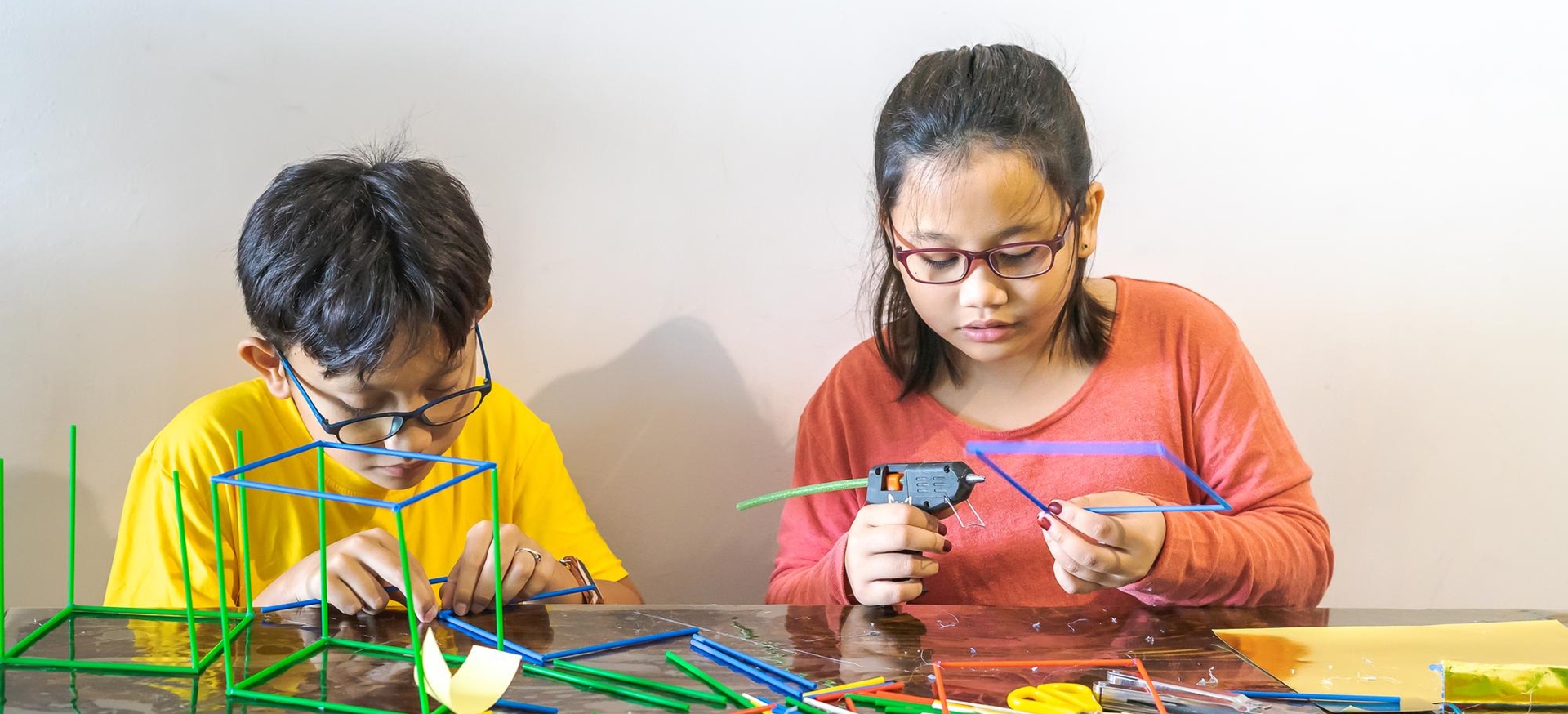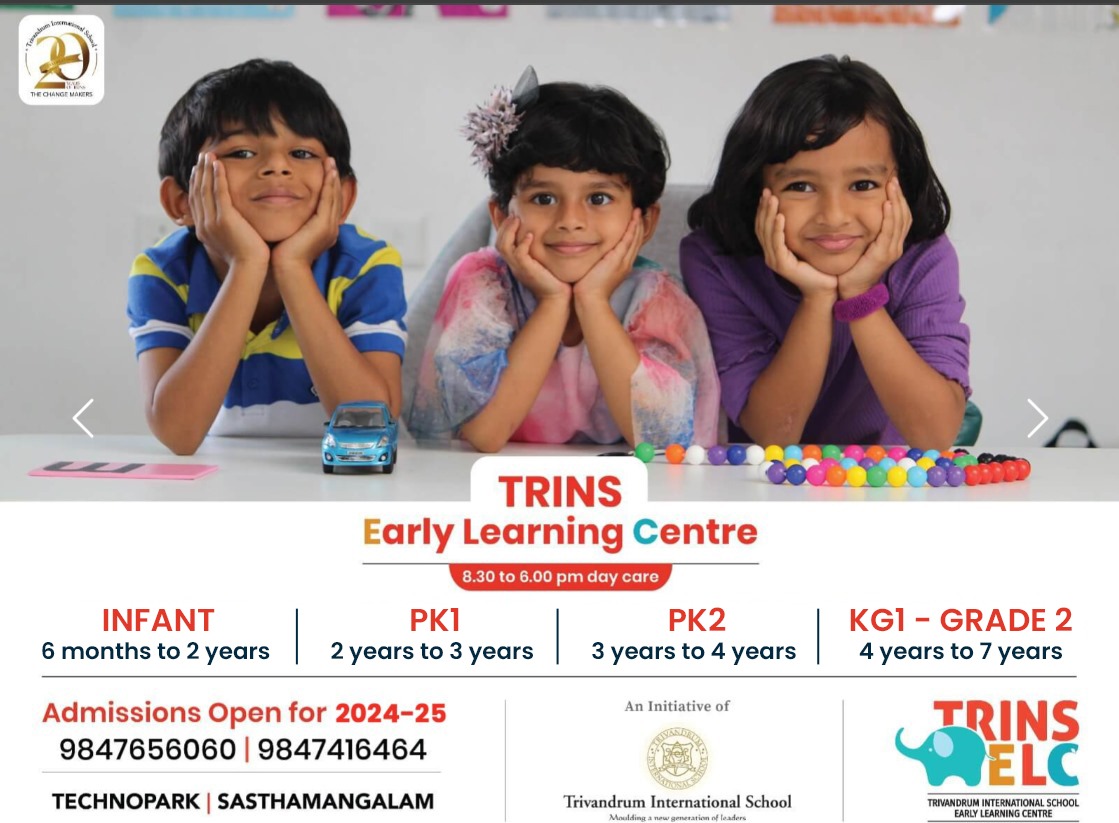


Why Play-Based Learning Works: Insights from Early Childhood Education Experts

The Foundation of Early Learning
Play is far more than a way to pass the time—it is the foundation of meaningful learning in early childhood. Education experts worldwide agree that children learn best through experiences that are active, hands-on, and joyful. Play-based learning blends the natural curiosity of young children with opportunities for intellectual and emotional growth, laying the groundwork for lifelong learning. Rather than focusing solely on structured lessons or academic drills, this approach allows children to explore, create, and solve problems in ways that are developmentally appropriate.
The Science Behind Play
Decades of research in child development and neuroscience validate the power of play in cognitive growth. When children engage in open-ended play, they are not just having fun—they are forming neural pathways, developing motor skills, and building executive function. Activities like building blocks, role-playing, drawing, or sand play support memory, language acquisition, and emotional regulation. Experts such as Dr. Stuart Brown and Dr. Alison Gopnik have emphasized how play stimulates brain development and nurtures creativity, resilience, and adaptability—traits essential for success in later years.
Learning Through Exploration and Imagination
Play-based environments empower children to take the lead in their own learning. In these settings, educators observe and guide rather than dictate. A child pretending to run a grocery store is learning math through counting, communication through dialogue, and social interaction through roleplay. Similarly, outdoor play helps children explore cause and effect, observe natural phenomena, and build physical strength and coordination. It is this freedom to experiment and discover that helps develop problem-solving abilities and critical thinking, even at a very young age.
The Emotional and Social Benefits
Beyond cognitive gains, play-based learning supports emotional intelligence and social development. Children learn how to share, take turns, express their feelings, and handle conflict through group play. These soft skills, often overlooked in academic settings, are vital for healthy emotional growth. Emotional resilience, empathy, cooperation, and self-control are all fostered through playful interaction with peers and supportive adults. These are the attributes that will help children succeed not only in school but in life.
Role of Educators in Play-Based Learning
Educators in play-based settings serve as facilitators, observers, and partners in learning. Their role is to create a safe and stimulating environment where children feel confident to take risks and make choices. Skilled educators know how to recognize teachable moments within play—whether it’s introducing new vocabulary during a storytelling game or encouraging counting while stacking blocks. This responsive approach ensures that learning remains child-centered while still being guided by clear developmental goals.
Preparing for Formal Education and Beyond
Contrary to the myth that play-based learning delays academic readiness, studies show that children from such environments often enter formal schooling with stronger foundational skills. They exhibit higher levels of curiosity, better problem-solving abilities, and a positive attitude toward learning. When children associate learning with joy and exploration, they are more likely to become motivated, confident learners throughout life.
A Philosophy Rooted in Childhood
Ultimately, play-based learning honors childhood as a unique and valuable stage of life. It respects the individuality of each learner and builds education around their needs, interests, and natural rhythms. By supporting development through play, educators help children build not just knowledge, but the confidence and curiosity to use that knowledge meaningfully. It is an approach that fosters not only academic success but whole-child development—and that’s what makes it truly powerful.





